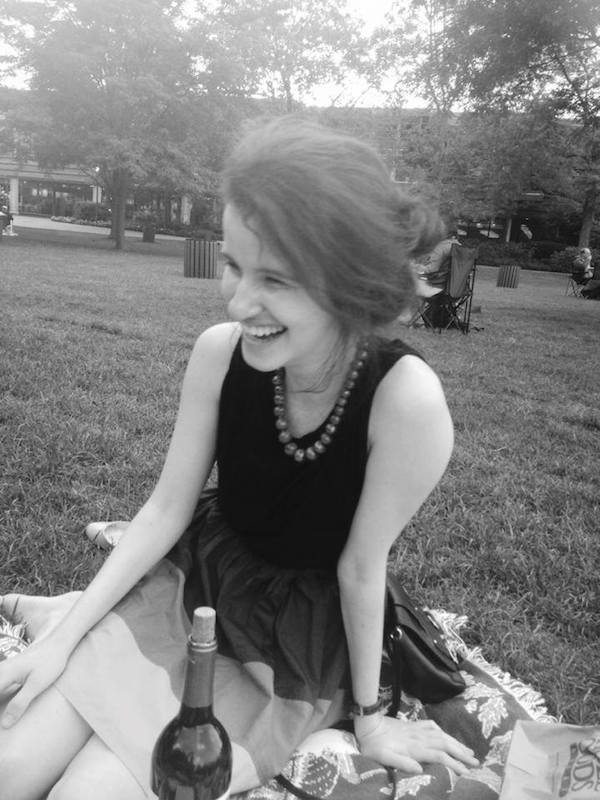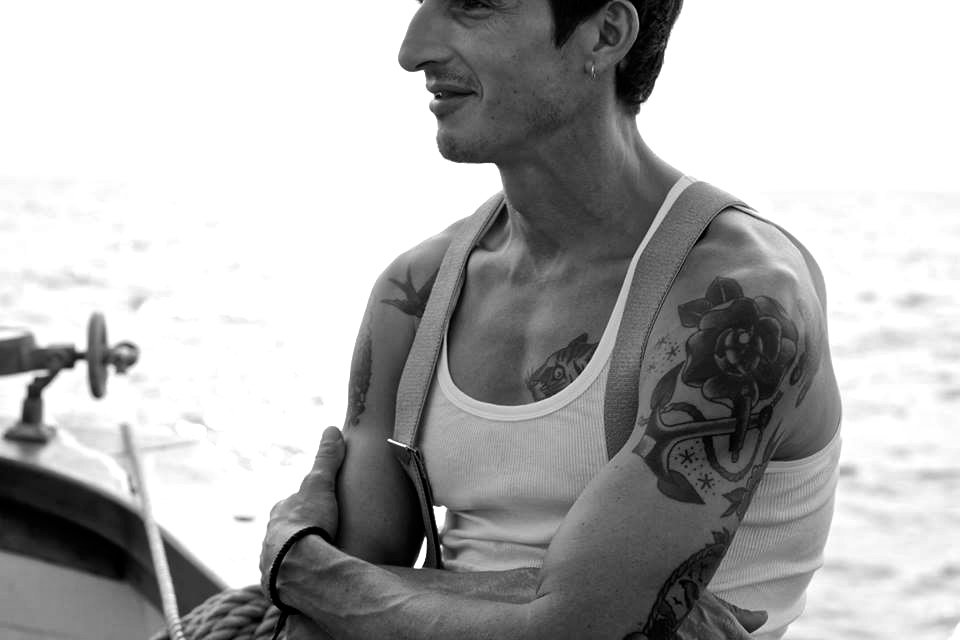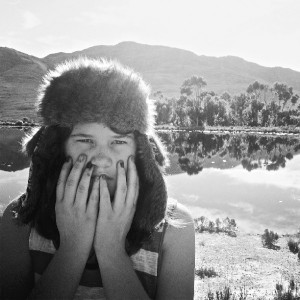What If? ANNIE PROSSNITZ
Our What if? essay series encourages you to embark on philosophical adventures more frequently and motivates you to regularly push past the boundaries of conventional thought. To read previous submissions, click here
This open-ended thought experiment is participatory and accessible to everyone.
To find out more about it and how you can submit an essay, please visit:
How to participate in the What If project
ANNIE PROSSNITZ came to Paris to teach English and ended up staying to write, eat croissants and work at a non-profit. A former history major at Stanford University, she has had her poems published in several Paris-based magazines.
What if the distant past holds more emotional power over us than we realize? What if people who are long gone can still be connected to us on a personal level, rather than just a scientific or historical one? What if we could deeply love and mourn and be loved and mourned by people beyond those who we will know in this lifetime?
What if we approached history differently? Traditionally the academic study of history is composed of studying texts and other sources of information through which we can glean information about the past and its events without having directly experienced them ourselves. What if we lessened that feeling of distance? Perhaps the greatest comfort offered by the past lies in the notion that the outcomes are already calculated and can be studied dispassionately. Reading history, we are also freed from our own future of unknowns, as well as from our present often equally filled with worry and doubt. What if we took a passionate leap back in time?
What if historians or archaeologists could begin to view the people they study as humans to connect to, rather than simply subjects to analyze? What if they wondered more about an ancestor’s personal life, her fears and struggles, rather than focusing on what her life shows us simply in terms of larger themes or intellectual lessons? What if historians approached the historical figures they write monographs and texts on with the same emotional curiosity they approach a living friend? Would it lead to a disruption of some kind in these academic subjects? We often think of rationality and emotion as two sides of a spectrum. I typically view professors and researchers as people who are exceptionally skilled at separating thought from feeling, who can use their interest in a subject to learn more and probe further, without becoming emotionally overwhelmed.
I often wonder if archaeologists feel the same way about their field as I imagine they do; for them artifacts from long ago become scientific instead of personal because they are layered in history and dust. A bowl from ancient Mesopotamia is a way of studying how people crafted objects in the ancient world and perhaps also help to explain how and what they ate. What if this same bowl was seen less as an object but as hint to nature of the person who made it. What if it was the first crafted object this particular woman ever made? What if this woman spent hours in the hot sun to make it? What if she used it to keep her treasured possessions away from the prying eyes of her husband?
A history professor of mine spoke once about a woman she had spent the better part of 5 years researching, a Jewish artist who was killed during the Holocaust. My professor did not know this woman nor had she met anyone who knew this woman. But simply by studying her art, and later deportation lists, she was able to piece together the narrative of this woman’s life. She spoke of this artist as someone she cared deeply about, not someone whose life was simply a means through which to historically reveal larger themes about the Holocaust.
What if all of us cared more about the people who came before us? Would we no longer be able to study disciplines that deal with the past for fear of becoming too emotionally invested? Or what if not just studying them, but caring about them, inspired us to do something different in our lives? Could we then feel impelled to change our future decisions based on people from the past we’d never known? What if?
A.P. 2015
Published: March 12th, 2015





